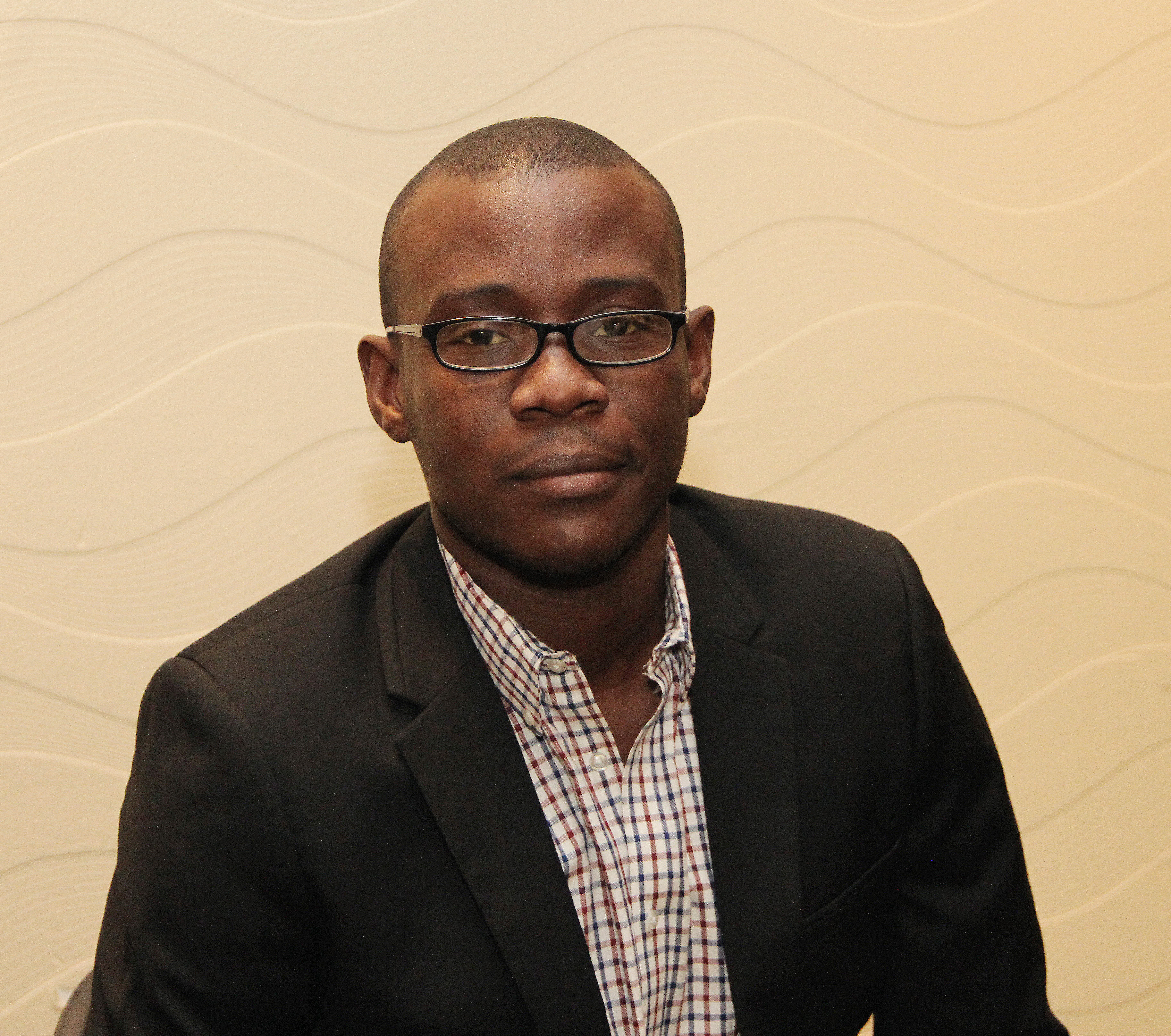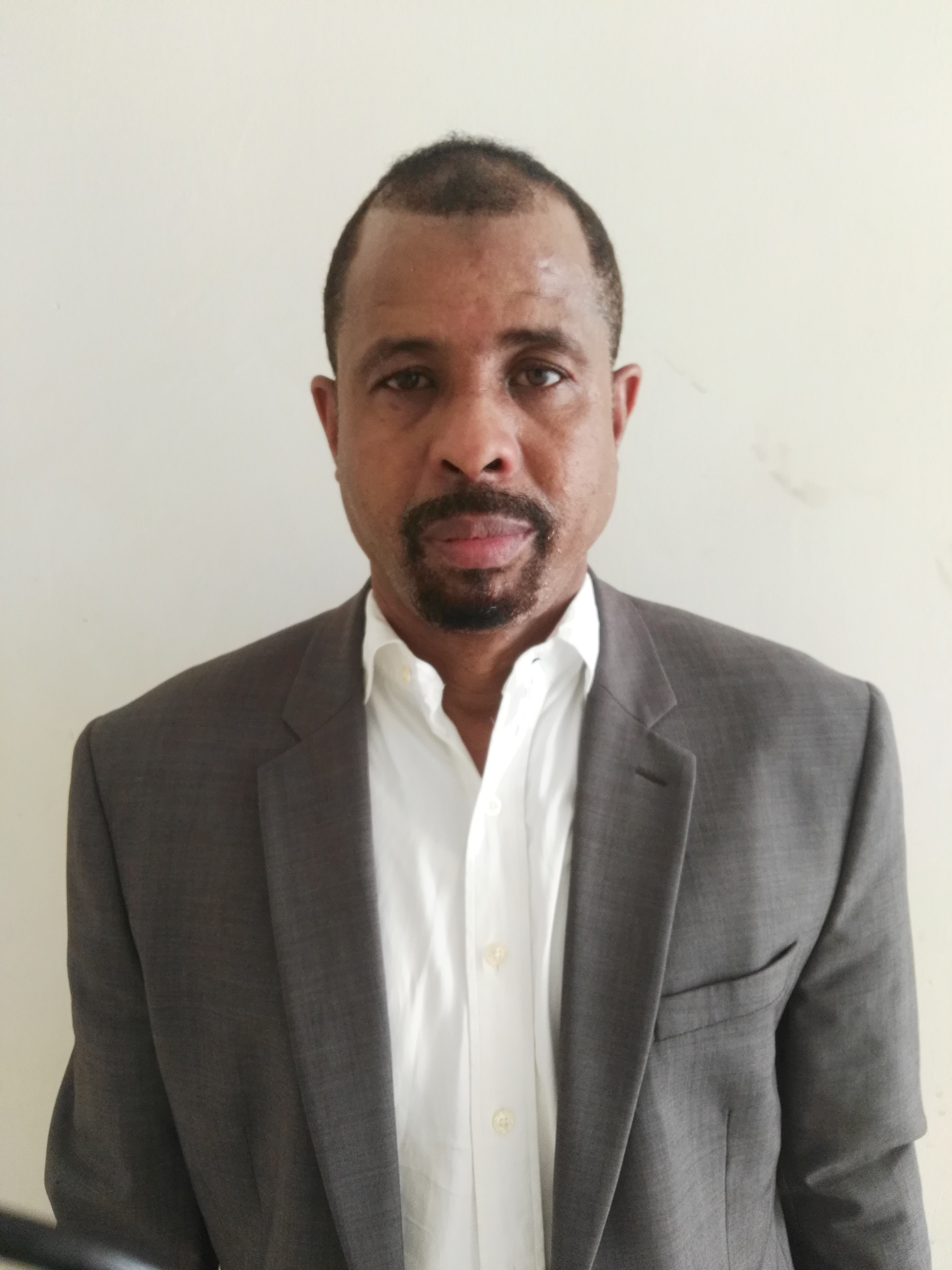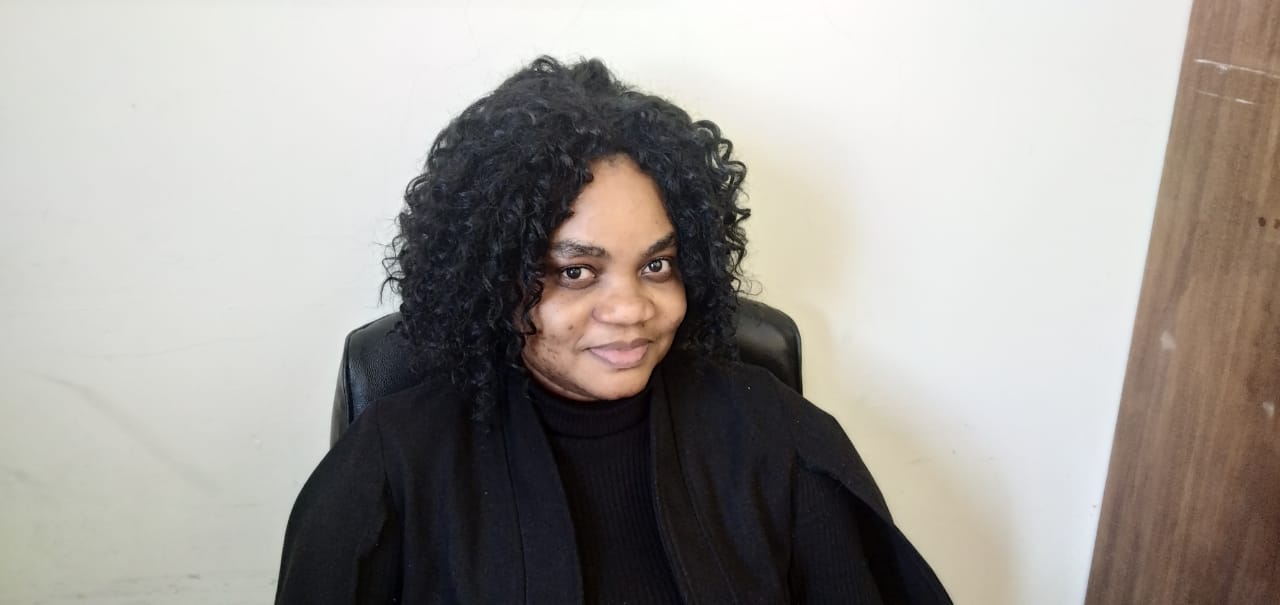

Associate Professor
Dziedzom Komi de Souza
Current Organisation
Noguchi Memorial Institute for Medical Research, University of Ghana
Current Job Title
Associate Professor of Parasitiology
Biography
Publications
Project Title
Cluster randomized community-based trial of annual versus biannual single-dose Ivermectin plus Albendazole against Wuchereria bancrofti infection in human and mosquito populations
EDCTP Project
TMA2015CDF976
EDCTP Program
EDCTP2
EDCTP Project Call
Career Development Fellowship (CDF)
Host Organisation
| Department | Institution | Country |
|---|---|---|
| Parasitology Department | Noguchi Memorial Institute for Medical Research, University of Ghana | GH |
Project Objectives
• To quantify the impact of twice yearly versus yearly community treatment (treatment strategies and • delivery systems) in reducing parasitological and entomological LF transmission indices in hotspot areas • Assess the impact of the treatment on other helminth infections • To evaluate the costs and cost-effectiveness of twice yearly treatment in reducing disease transmission. • To assess the extent to which the twice-yearly treatment is acceptable to the community and feasible, given the health system capacity, and can be easily scaled-up elsewhere.
Study Design
Phase 4, cluster randomised community based, open label trial
Project Summary
The Global Program for the Elimination of Lymphatic Filariasis (GPELF) has been in operation since the year 2000, with the aim of eliminating the disease by the year 2020, following 5-6 rounds of effective annual Mass Drug Administration (MDA). The treatment regimen is Ivermectin (IVM) in combination with Diethylcarbamazine (DEC) or Albendazole (ALB). In Ghana, MDA has been undertaken since 2001. While the disease has been eliminated in many areas, transmission has persisted in some implementation units that had experienced 15 or more rounds of MDA. Alternative intervention strategies, including twice yearly MDA and sleeping under insecticidal nets have significantly accelerated transmission interruption in some settings of high transmission intensity. Thus, it is evident that new intervention strategies could eliminate residual infection in areas of persistent transmission and speed up the LF elimination process. This study therefore seeks to test the hypothesis that biannual treatment of LF endemic communities will accelerate interruption of LF transmission. A cluster randomized trial will be implemented in LF endemic communities in Ghana. The interventions will be yearly or twice-yearly MDA delivered to entire endemic communities. Allocation to study group will be by clusters identified using the prevalence of LF. Clusters will be randomised to one of two groups: receiving either (1) annual treatment with IVM+ALB; (2) annual MDA with IVM +ALB, followed by an additional MDA 6 months later. The primary outcome measure is the prevalence of LF infection, assessed by four crosssectional surveys. Entomological assessments will also be undertaken to evaluate the transmission intensity of the disease in the study clusters. Costs and cost-effectiveness will be evaluated. Among a random subsample of participants, microfilaria prevalence will be assessed longitudinally. A nested process evaluation, using semistructured interviews, focus group discussions and a stakeholder analysis, will investigate the community acceptability, feasibility and scale-up of each delivery system.


